Unlock the Editor’s Digest for free
Roula Khalaf, Editor of the FT, selects her favorite stories in this weekly newsletter.
Sam Bankman-Fried admitted to making “a number of larger mistakes” when running his cryptocurrency exchange FTX but denied defrauding customers as he took the stand in front of a New York jury in his own defense.
After being sworn in shortly before 10am local time, Bankman-Fried explained that he and his co-founders thought they “might be able to build the best product on the market” and “move the [cryptocurrency] ecosystem forward” by establishing the company.
When asked whether that ambition was realized, the 31-year-old said the FTX exchange “turned out basically the opposite”, adding that “a lot of people got hurt” when the business collapsed last November with an $8bn hole in its balance sheet.
Bankman-Fried, the one-time crypto tycoon who faces decades behind bars if convicted on the charges against him including wire fraud and money laundering, will be cross-examined by prosecutors later on Thursday. He has pleaded not guilty.
Wearing a gray suit and purple tie, Bankman-Fried calmly talked to the jury through the founding of his two companies — FTX and an affiliated trading firm, Alameda Research — with college friends from MIT and former colleagues at New York trading firm Jane Street Capital. The jury has previously heard testimony from some of them, including Gary Wang, Nishad Singh and Caroline Ellison, who are co-operating with the prosecution.
“I made a number of small mistakes and a number of larger mistakes,” Bankman-Fried said of his management of FTX. He added that “by far the biggest mistake was that we did not have a dedicated risk management team. . . and there were significant oversights”.
On founding Alameda in 2017, Bankman-Fried said he had spotted an opportunity to trade crypto because there was “a tone of excitement, a tone of demand” for buying and selling digital currencies, but “the banks weren’t involved, the brokers were not involved”.
Despite at the time having “absolutely no idea how [cryptocurrencies] worked,” Bankman-Fried said he noticed that “there might be really, really large arbitrage opportunities available” for Alameda to exploit.
Bankman-Fried had given a preview of his testimony, without the jury present, on Thursday, answering questions on a number of issues so the judge could decide whether the topics were admissible as evidence as part of the defense’s case.
On Friday morning, Judge Lewis Kaplan, who is overseeing the case, ruled that Bankman-Fried could not answer questions designed to elicit testimony in which he claims he was following the advice of lawyers when implementing certain policies at FTX and Alameda.
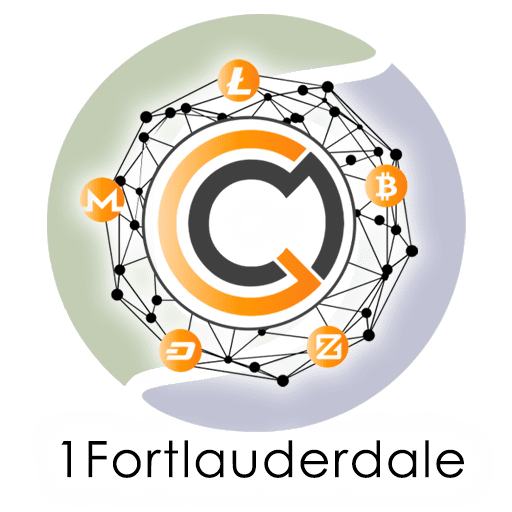
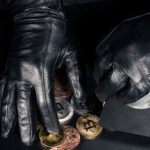
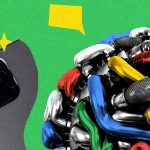
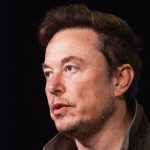
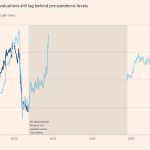

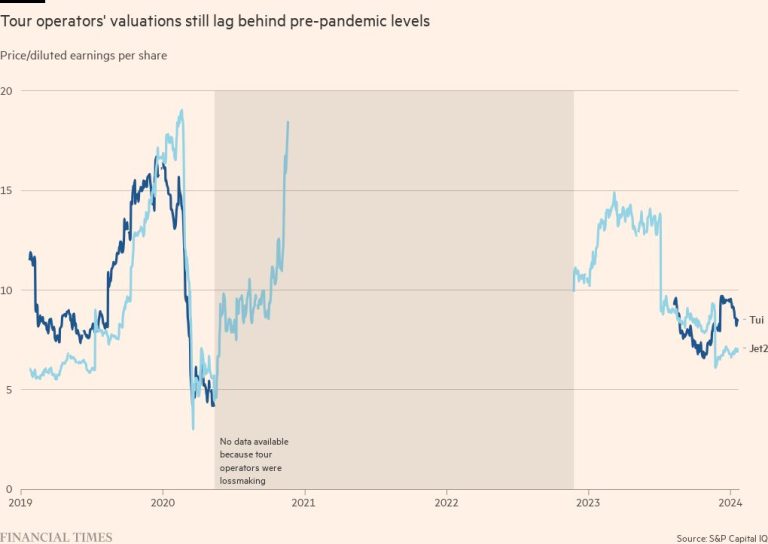
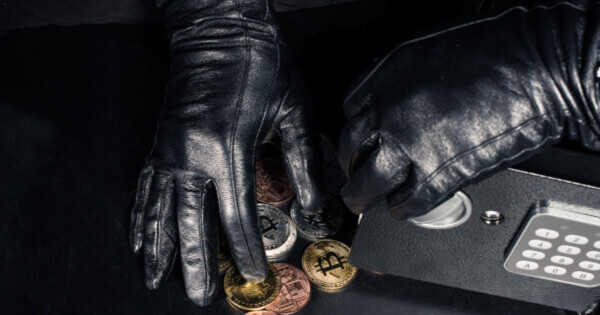
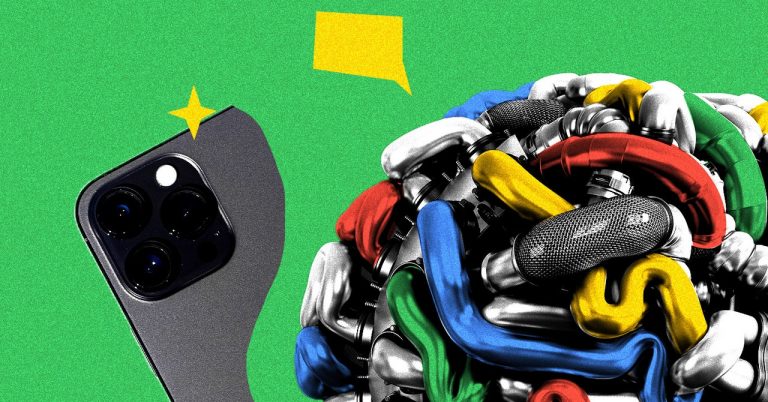
+ There are no comments
Add yours